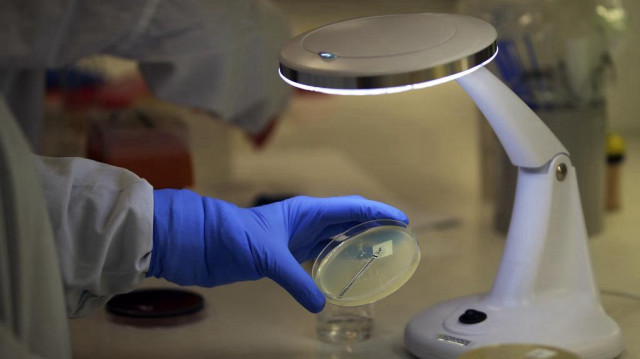
World-first initiative has demonstrated that real-time genome sequencing during severe infections allows doctors to quickly identify resistance mutations
Australian scientists have achieved a significant advance in tackling Staphylococcus aureus, a superbug that causes over a million deaths worldwide each year, according to a Melbourne-based research institute.
The world-first initiative has demonstrated that real-time genome sequencing during severe infections allows doctors to quickly identify resistance mutations, personalize treatment and help curb the spread of antibiotic resistance, the Peter Doherty Institute for Infection and Immunity (Doherty Institute) said Wednesday.
Collaborating with seven local hospitals, the institute said that traditionally, hospital laboratories identify bacteria using standard tests that reveal only the species type, offering limited insight into antibiotic resistance or genetic changes.
In contrast, genome sequencing provides a comprehensive genetic profile, uncovering mutations that can influence how bacteria respond to treatment, said the institute.
By swiftly decoding the genetic makeup of the pathogen, doctors can now tailor precise and targeted interventions, thereby enhancing patient outcomes and potentially curbing the devastating impact of this pervasive bacterium.
Previously, research into bacterial evolution was typically carried out retrospectively, often years after patients had completed treatment.
This new method, however, enables clinicians to monitor bacterial changes in real time, providing immediate and actionable insights for patient care.
Following the study, hospitals in Victoria state will launch the world's first clinical genomic service for treatment-resistant cases, said the statement.
*Writing by Aamir Latif







